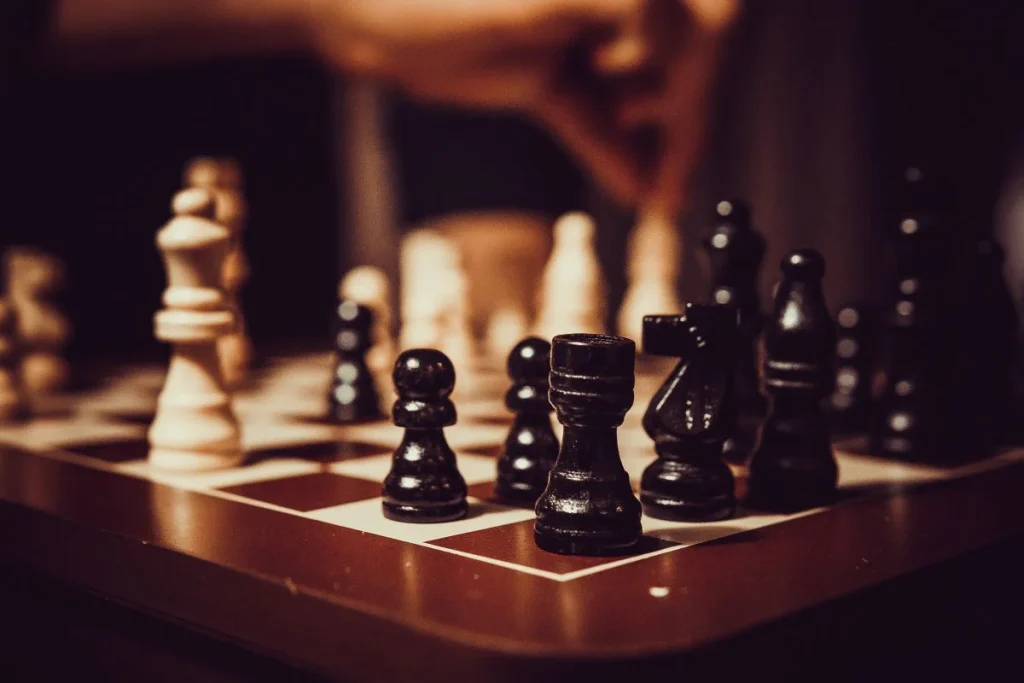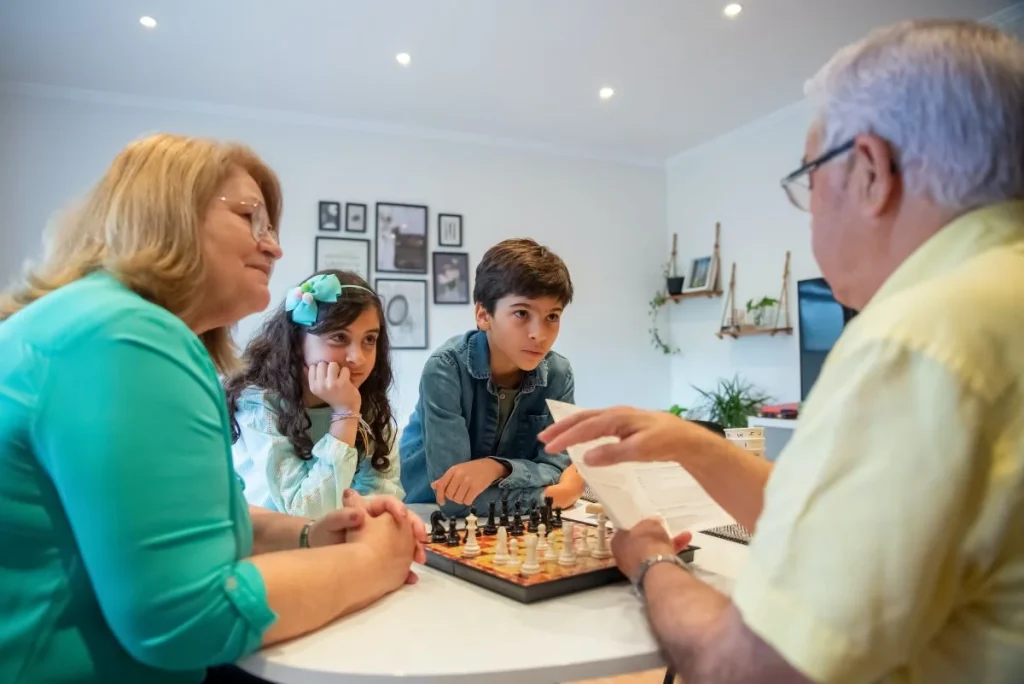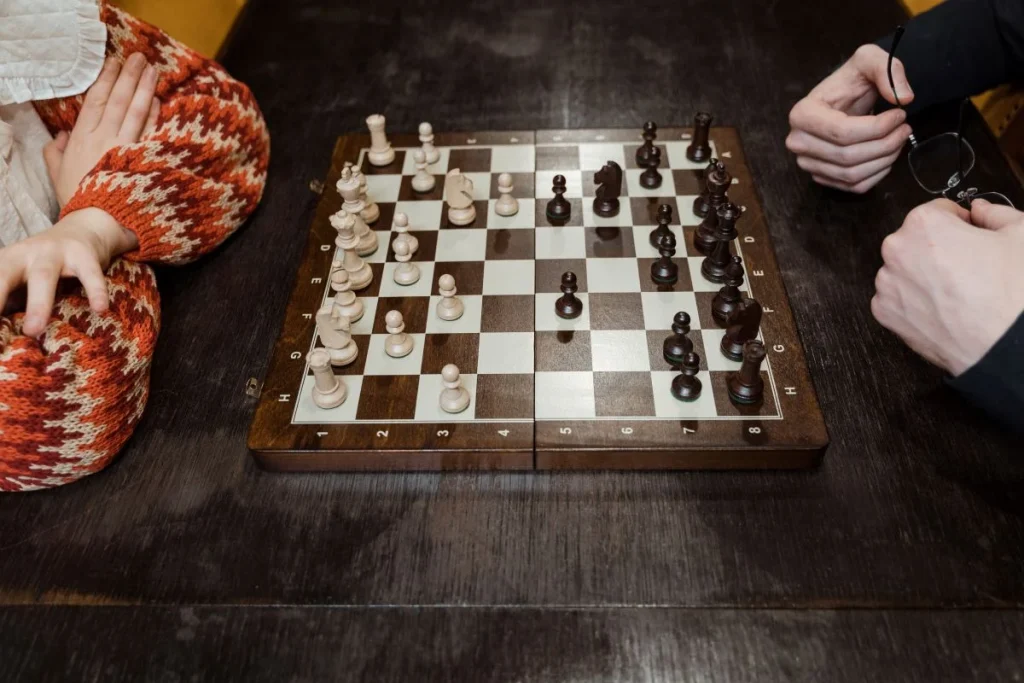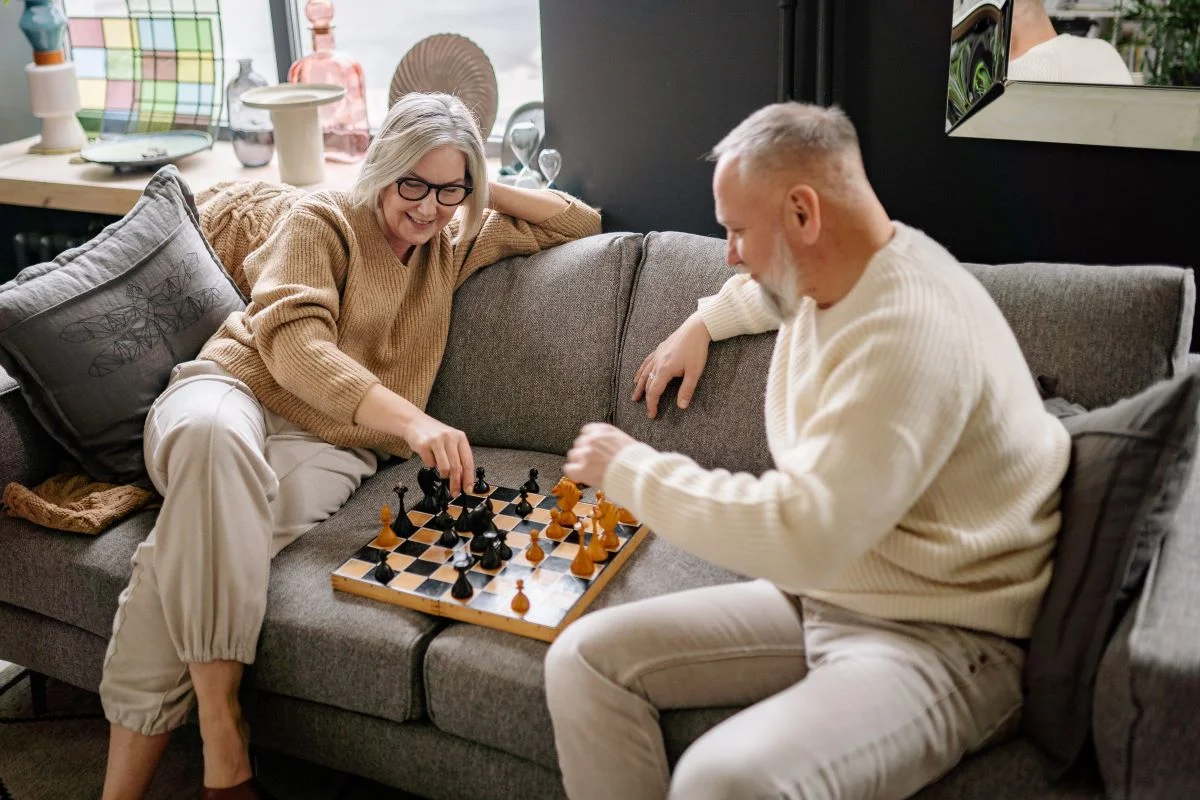Finally, retirement is a time to rest from one’s active working life. It is a time to do the things one missed out on while busy providing for the family or earning a living to buy that Imus house and lot for sale. It is a time to pursue a hobby that one has always dreamed of doing but was not able to do so because of one’s work and its demands. It is also a great way to spend time and have fun with friends. However, it may be a fact that there might be limitations in terms of physical activity, but it doesn’t stop someone from engaging in activities that would stimulate one’s mind. Hence, chess comes to mind. Chess is a game smart people play. People who play this game give the impression that they are thinkers, strategists, and challenge-lovers since it involves problem-solving and critical thinking. However, these prejudices should not stop somebody from playing the game. It has numerous health benefits for senior citizens that everyone should be aware of. Retirees should find a hobby that will benefit their mental health and chess helps achieve it. In order to reap the benefits of chess, one must have to develop an interest in the game. To ensure that they would be able to play chess regularly, they should encourage their acquaintances, friends, and neighbors to play chess with them.
WHAT CHESS IS

The game of chess is one of the oldest board games. It calls for the strategic skills of two players playing against each other. Each player controls an army of chess pieces either black or white, the objective of which is the checkmate of the king of the opponent. This is more popularly known as International Chess or Western Chess to differentiate it from xiangqi or Chinese chess and shogi or Japanese chess. It is composed of a checkered board and sixteen pieces each of black and white colored chess pieces namely: 1 king, 1 queen, 2 rooks (for each player), 2 knights (for each player), 2 bishops (for each player), 8 pawns (for each player). In recent times, chess is one of the most popular games played by people around the world.
HOW CHESS IS PLAYED
To play chess, the player who is holding the white pieces makes the first move to start the game. Each opponent takes turns moving a bit. Each player should do everything they can to get the king out of check by strategically blocking, evading, and moving each music. The game continues until one player’s king gets captured or if there are no more remaining legal moves. Hence, strategy and planning are essential in playing chess.
HEALTH BENEFITS OF CHESS
As the game chess requires one to think, its benefit does not stop there. It may just be a game, but it comes with a number of health benefits particularly in the brain and mental processes of the older generation. Although chess is highly recommended for elders, it is a game that may be played by both young and old. It is a game that is understood and enjoyed by people all over the world.
The game builds self-confidence
As a retiree adjusts to his new phase, it cannot be avoided that there is stress involved to the point of having depression and anxiety during the transition from work mode to having a lot of time in one’s hands. Chess may be a way to avoid experiencing a decline in one’s usefulness, importance, or self-confidence. An everyday game of chess helps one develop skills that may be a great booster of self-esteem especially when one gets to win over a difficult opponent. A retiree who plays against someone younger and ends up winning the game gets a boost in his self-confidence. Maintaining one’s self-esteem in old age is important since it promotes independence, encourages relationships, and develops social connections.
Chess players are able to improve memory and recall
As people grow older, there are glitches happening in one’s brain caused by physiological changes. Hence, they have difficulty to learn and recall information. One of the benefits of playing chess is that the players think about the moves they make as well as their opponent’s future moves thereby improving mental processes that may avoid memory loss. It may further reduce the chances of the elderly to have dementia. Playing chess is considered to be an effective exercise for the brain.

A chess game brings people together.
One of the challenges of growing older is the difficulty of staying connected and avoiding isolation. A retired couple for example, who availed of an Imus house and lot for sale, may be living away from their children and their families. Chess, however, is like an invitation for other senior citizens to flock together. They develop a camaraderie that may lead to sharing meals together after the game. They may spend time together for storytelling or analysis of the just-concluded chess game over coffee or snacks. Thereby, helping the older generation to socialize and keep connections with friends. A retired couple may also play chess against each other and develop a deeper relationship with each other.
Playing chess helps players remain focused.
Retired people are already in the age when they experience difficulty absorbing, process, and recall information. Frequent exposure to the game, however, helps them to pay attention to their opponent’s moves think of their future moves, and strategize their way to victory. Since chess requires full concentration, focus is essential. An improved focus leads to improved memory processes and mental health in general. The possible occurrence of dementia may be avoided.
Chess benefits both sides of the brain.
Brain exercises such as exercising logic, developing pattern recognition, making both visual and analytical decisions, and testing memory are beneficial to retired people’s brain functions. Both chess players are expected to come up with strategies to checkmate the king in a few moves or in less time. Hence, critical brain functions are utilized to make the appropriate moves and to win the game. Playing chess on a regular basis can help maintain a healthy state of mind.
Playing chess can contribute to being calm.
It’s a game requiring critical thinking under time pressure and if the players are able to remain calm under this pressure, it can be beneficial to a retiree’s general well-being. The calm demeanor they exhibit during the game may extend to other areas of their life as they navigate through life’s everyday stress calmly. As retirement life is ridden with stress. Although initially, retirees feel ecstatic from saying goodbye to the daily grind, long and tiring commute or drive to and from the workplace, and escaping a difficult boss and the work politics, some feel a decline from this high after a few months. Many feel that having so much time in their hands as retirement is perceived to be an endless vacation and the feeling of isolation from peers and coworkers are just some of the reasons why stress comes into the picture. Playing chess, however, trains the mind on how to cope calmly even under stressful conditions.

The game of chess helps both players of the game to plan effectively.
They are able to come up with the appropriate moves and anticipate the opponent’s response to the move executed. The ability to plan during the game extends to real-life situations which is an advantage for elders who live by themselves. Elders who are able to practice their planning skills have the ability to predict, adapt, and respond to everyday situations quietly and without falling apart emotionally. This leads to avoiding panic attacks and other unfavorable health conditions to occur.
To fully enjoy playing chess and reap its health benefits, it may be helpful if the game is played in a quiet environment. For a retirement home, the elderly may consider Imus house and lots for sale. It may be a good place for social interaction and to play games with friends and neighbors. A comfortable home is a good venue to play chess. A calm and quiet environment may help players keep their focus on the game and maintain the concentration required to plan and strategize. When developed as a hobby, the health benefits will surely be an advantage.
CONCLUSION
Playing chess as a hobby offers a lot of cognitive benefits. What’s great about it is that it gives the elders a way to improve their intelligence, empathy, memory, planning, and problem-solving skills as well as their creativity.
Related Blog: Investing in a Piano in Your Home for You and Your Kids


